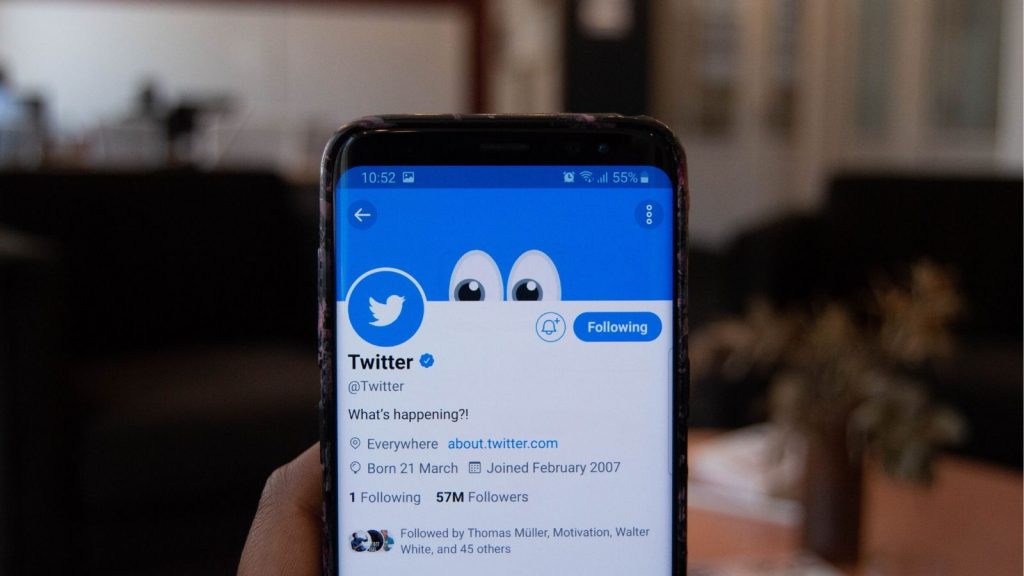South Africa’s retail forex industry is entering a decisive phase as regulation tightens and consolidation accelerates. What does it mean for brokers and traders?
Read before retweeting: Twitter to add new prompt to retweets

To curb the spread of fake news and misleading headlines, Twitter is planning to add a new feature that will prompt you to read an article before sharing it.
The Twitter Support account made the announcement on 10 June, with the company testing the feature on its Android app. The prompt may show up if you try to retweet an article that you haven’t actually clicked on.
https://twitter.com/TwitterSupport/status/1270783537667551233
The prompt will ask whether you’d like to read the article first before resharing it with other users. To enable this feature, the platform will check if you’ve recently clicked through to the article contained in the tweet.
Of course, you can always go ahead and still retweet without reading it. It’s more of a subtle nudge for people who share information without first reading it themselves (We see you Twitter, throwing that shade.)
However, this means you that you might get the prompt on an article you’ve read previously but didn’t access via Twitter.
https://twitter.com/TwitterSupport/status/1270809139917225985
Twitter says that it hopes the feature will lead to more informed discussion.
In an age of misinformation and clickbait headlines; sharing stories without reading is a problem.
A study in 2016 called ‘Social Clicks: What and Who Gets Read on Twitter?‘ found that 59% of the links they studied on Twitter were shared but not clicked on. Despite high numbers of retweets or shares, not many users in the sample actually clicked through to the article that they shared.
“People are more willing to share an article than read it,” the study’s co-author Arnaud Legout said according to a statement by the Data Science Institute at Columbia University.
“This is typical of modern information consumption. People form an opinion based on a summary, or summary of summaries, without making the effort to go deeper.”
The problem may have worsened in the years since the study. After all, we’ve seen the rise of Twitter bots and coordinated disinformation campaigns on social media.
Maybe this new feature will encourage more mindful engagement with news, rather than passive consumption.
Feature image: Shereesa Moodley/Memeburn


